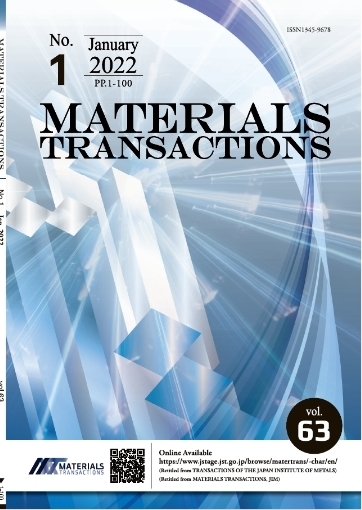Decrease in Process Pressure for Forming Au-to-Au Joints via Reduction Reaction of Ag2O
Taro Inoue, Tomo Ogura, Akio Hirose
pp. 127-130
Abstract
In this study, we were able to form strong Au-to-Au joints using a silver oxide (Ag2O) paste sintered at 300℃. We successfully reduced the processing pressure applied during sintering by 0.5 MPa by optimizing the sintering conditions. Through X-ray diffraction phase analysis as well as crystallite size calculations, we observed a significant reduction (27%) in the crystallite size as the heating rate was increased from 10℃/min to 180℃/min. Scanning electron microscopy cross-sectional observations confirmed that the high heating rate facilitated sintering within the bonding layer. The bonded shear strength (maximum of 24 MPa) was higher than that of the conventional Pb-5Sn solder (18 MPa), proving the suitability of Ag2O paste as a potential lead-free bonding material for high-temperature applications.










